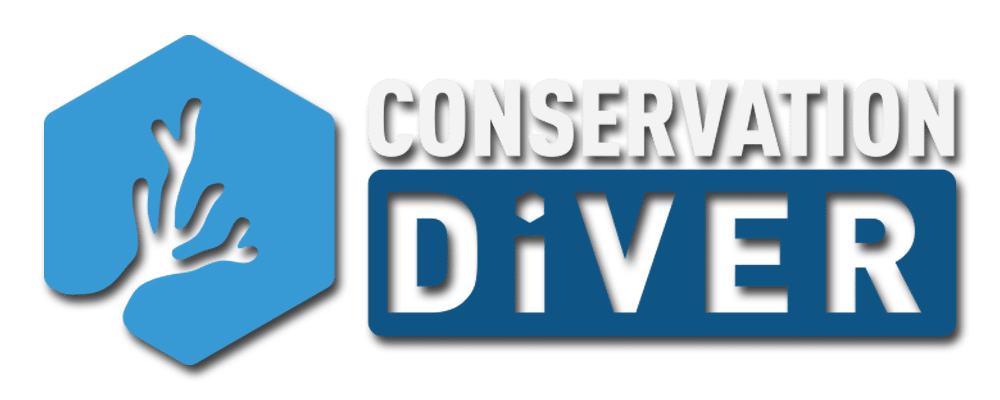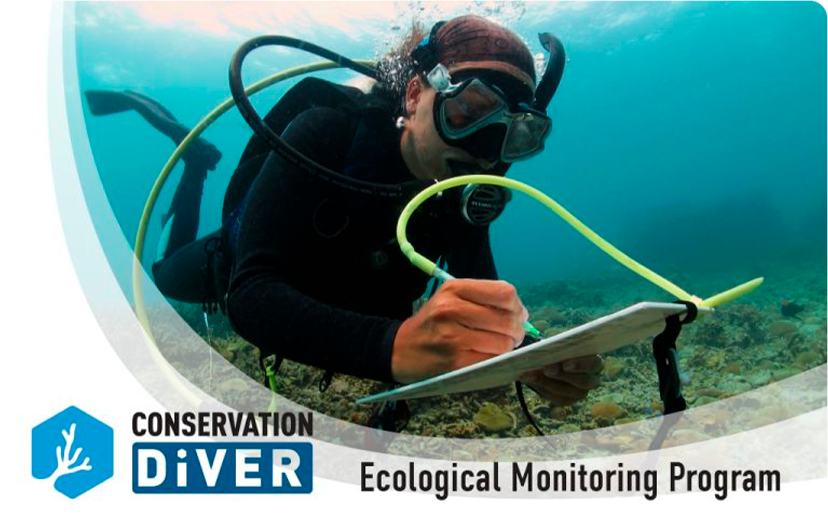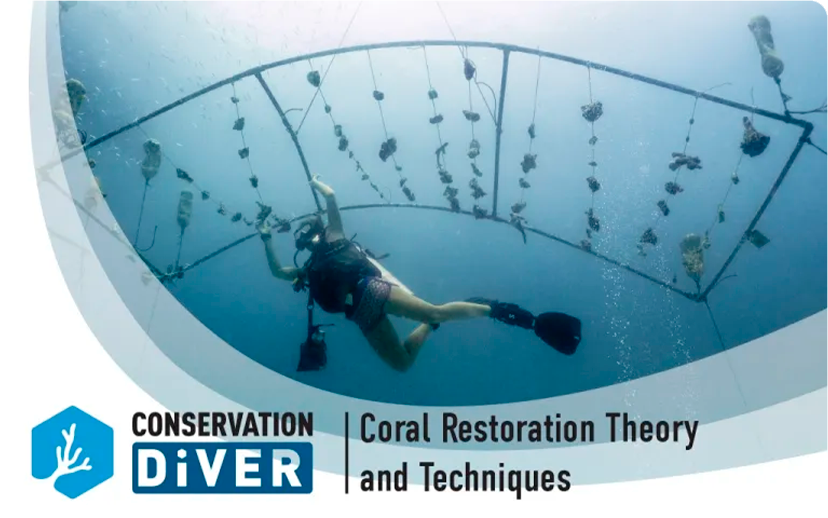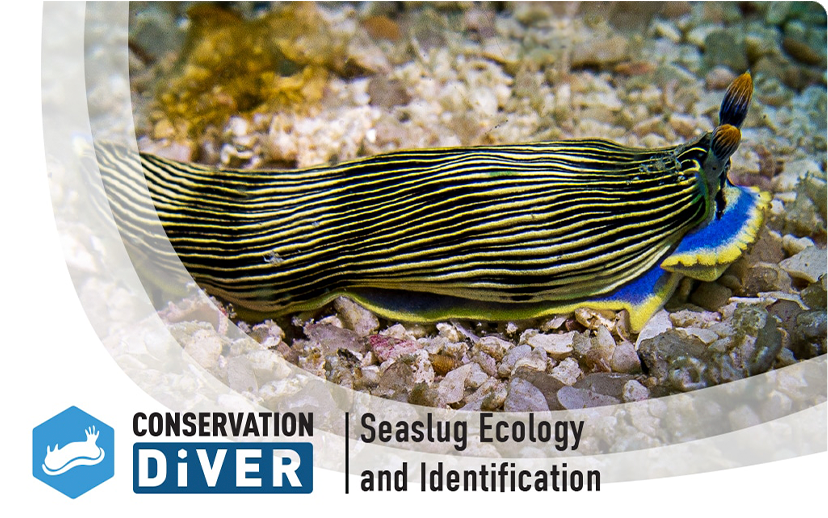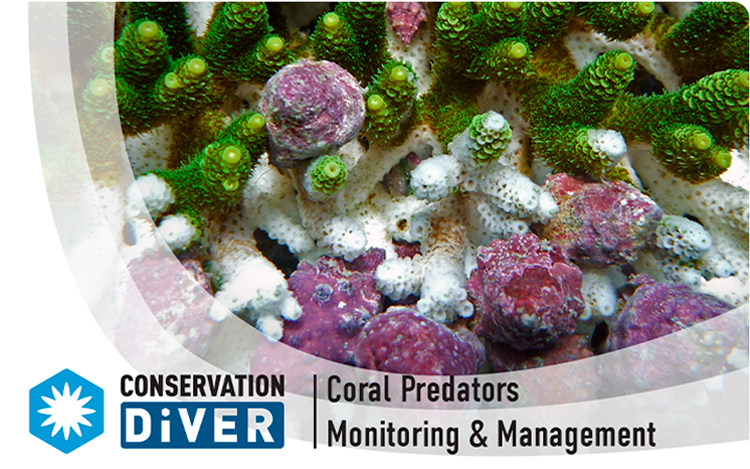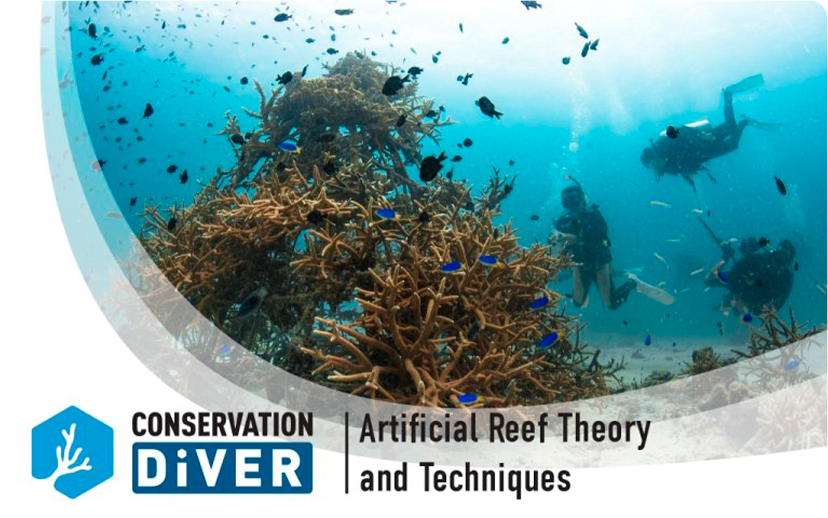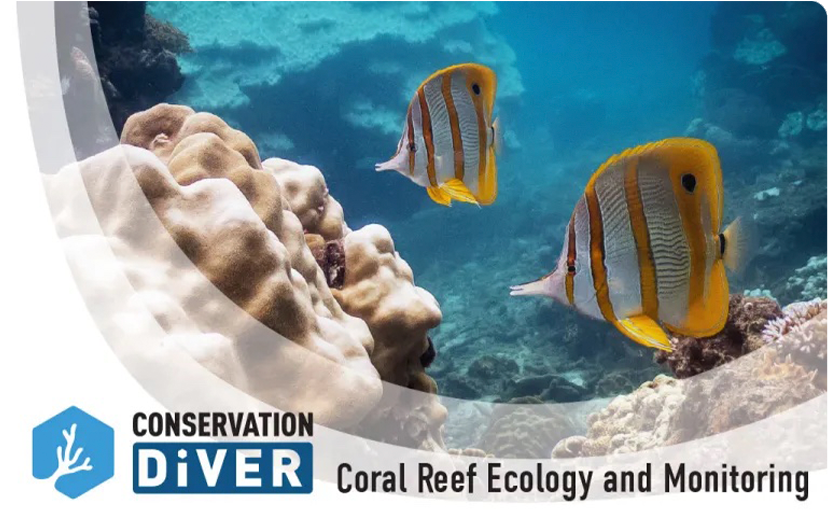MADAGASCAR
MRCI
Through our partnership with MRCI in 2022, Conservation Diver was able to equip this long standing program with the tools, platform, research database and methodologies to take their conservation efforts to the next level, offering courses tailored by leading Marine Biologists and conservationists from across the world.
Attending this program you will not only contribute immensely to the conservation goals MRCI have set, but also gain the knowledge and necessary skills to continue your conservation mission wherever you will go. Every volunteer will depart knowing the importance of the work they have done and how equally important it is to continue building on their newly acquired skills and knowledge.
All Conservation Diver courses at MRCI has been specifically designed and modified for their unique environment in order for volunteers to learn about the immediate environment where our work takes place as well as an understanding of the impact they are making.
